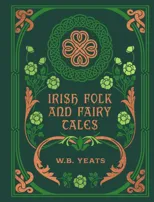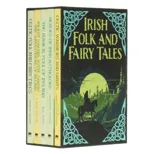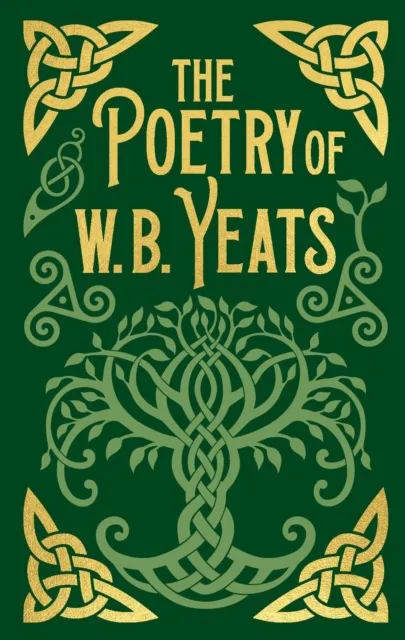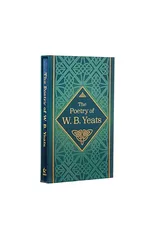Ideas of Good and Evil
(Author) W.B. YeatsIdeas of Good and Evil by W. B. Yeats is a profound collection of poetry that delves into themes of spirituality, mysticism, and philosophical reflection. The book reflects Yeats's deep engagement with Irish folklore and mythology, showcasing his use of rich symbolism and exploration of personal beliefs. Yeats's poems in this collection offer insights into his thoughts on the nature of good and evil, intertwining philosophical inquiry with his distinctive literary style. The work captures the essence of his mystical and symbolic approach to poetry, illustrating his fascination with spiritual and esoteric themes. Through vivid imagery and evocative language, Yeats explores complex ideas about morality and the human condition, providing readers with a window into his inner world and intellectual concerns. Ideas of Good and Evil stands out as a testament to Yeats's ability to blend philosophical depth with the enchanting and enigmatic qualities of his poetic vision.
W.B. Yeats
W.B. Yeats was an Irish poet, playwright, and one of the most prominent figures of 20th-century literature. Known for his lyrical and mystical poetry, Yeats's works often explored themes of mythology, symbolism, and the occult. Some of his most notable works include "The Tower," "The Wild Swans at Coole," and "The Second Coming."
Yeats played a significant role in the Irish Literary Revival and was a key figure in the development of modernist poetry. His poetic style combined traditional Irish folklore with modernist techniques, creating a unique and influential body of work that continues to inspire generations of poets and writers.
One of Yeats's most famous works is "The Lake Isle of Innisfree," a poem that reflects his deep connection to the Irish landscape and his longing for a simpler way of life. Yeats's contributions to literature, his innovative style, and his enduring influence make him a towering figure in the world of poetry and literature.






